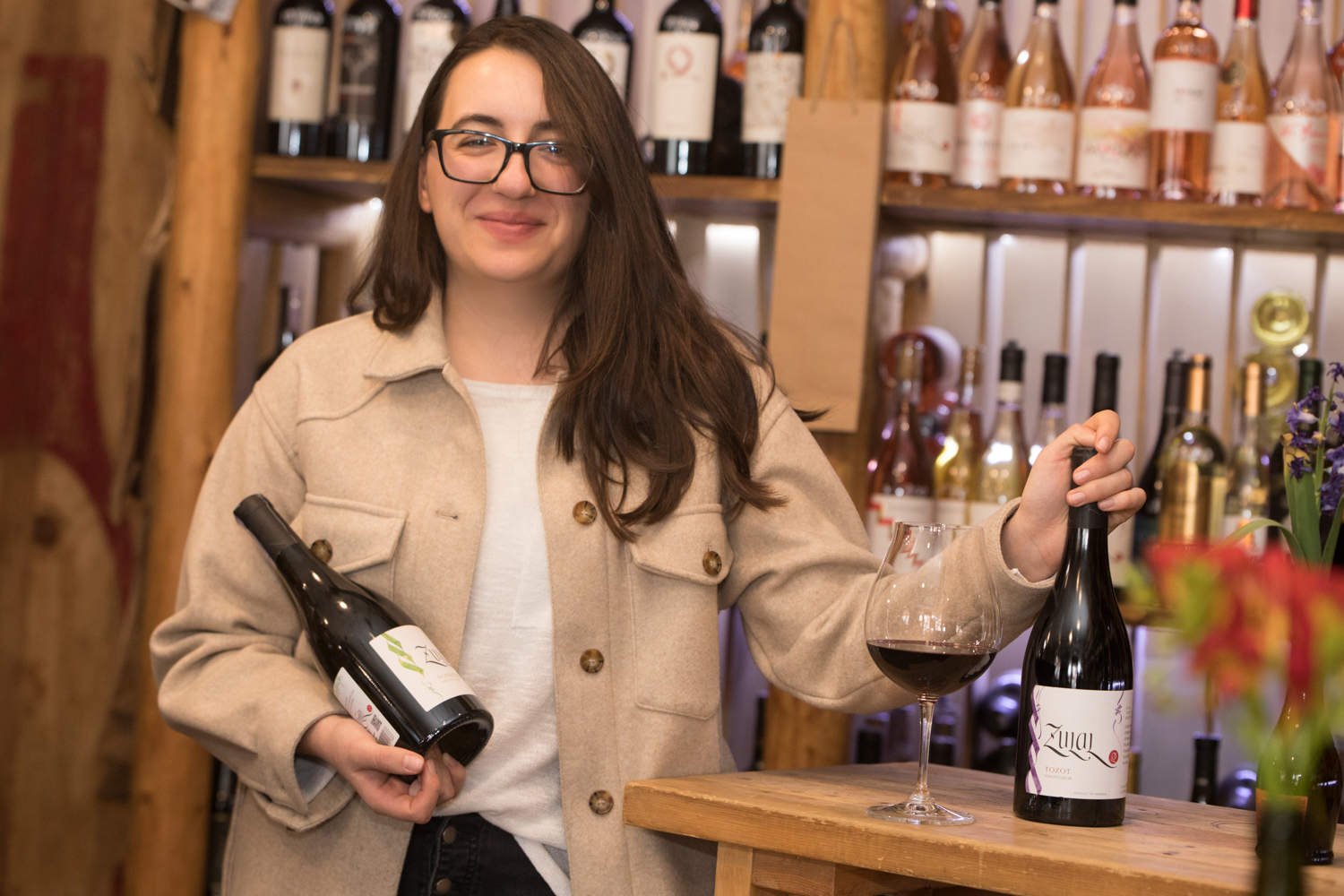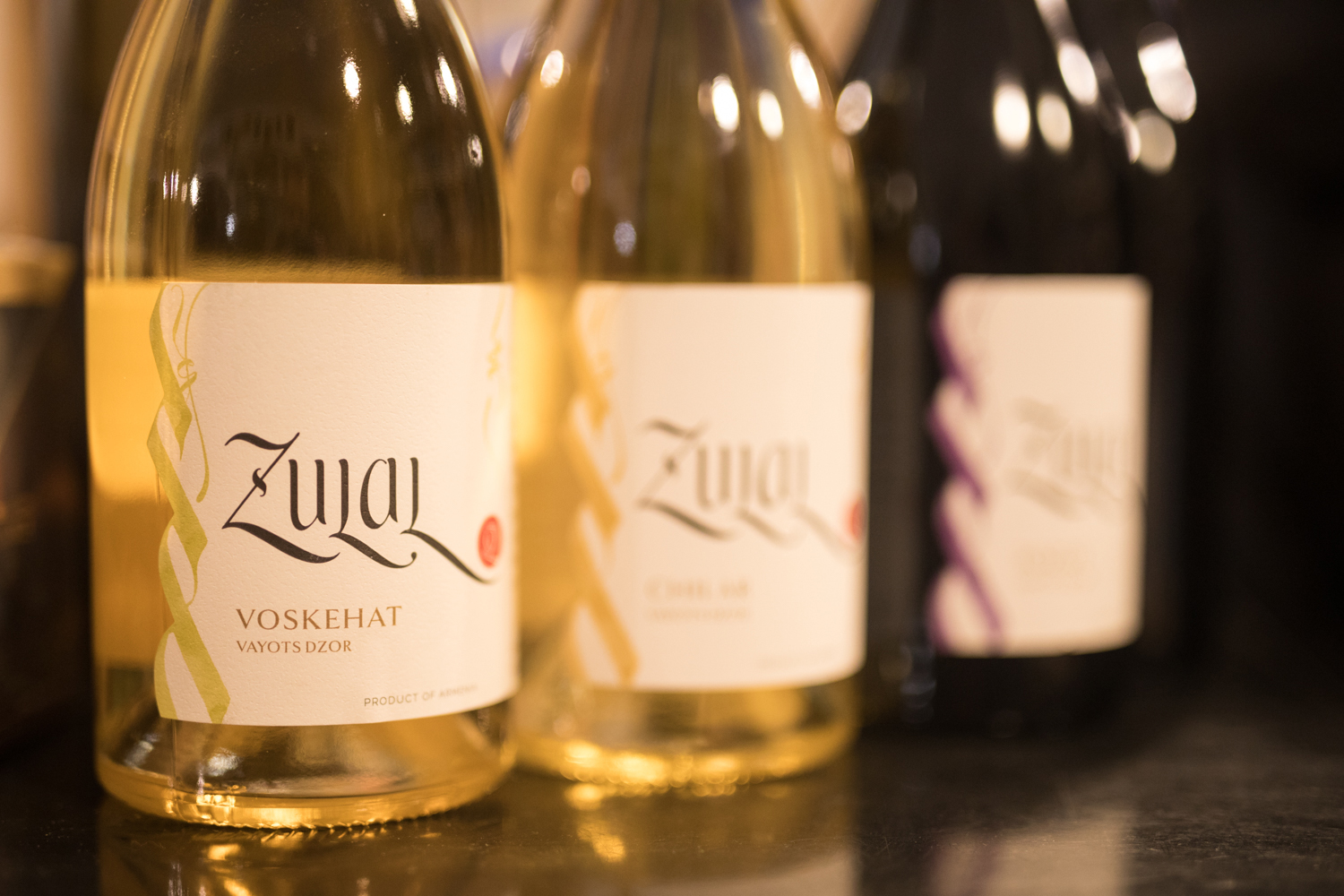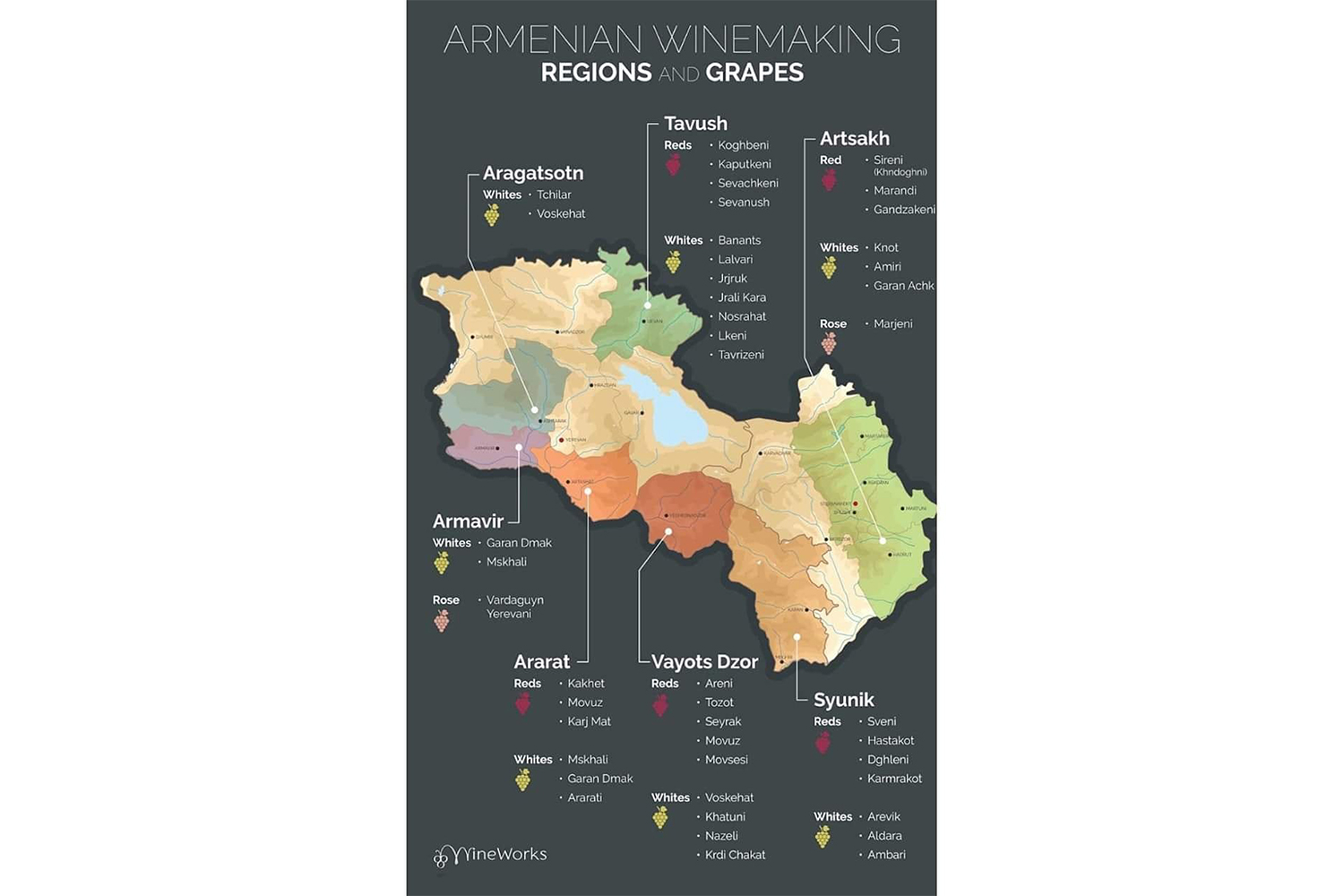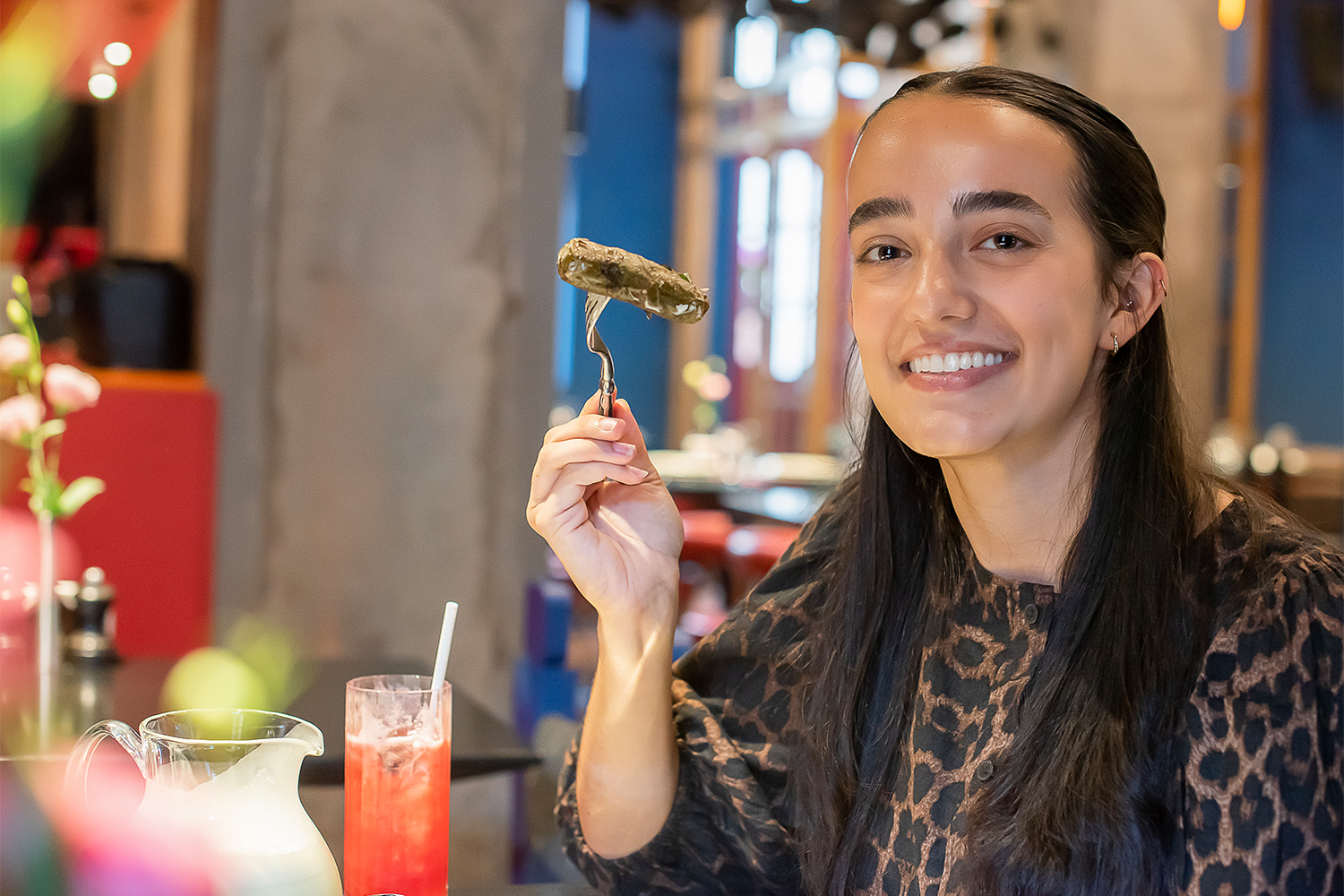Sevachkeni, Garan Dmak, Jrjruk, Tozot, Karmir Kot, Koghben, Movuz… Aimee pronounces the names of grape varieties with great devotion and love - she has so much work and goals tied to each.
For Aimee Keushguerian, the founder of Zulal, these are not just rare varieties of grape, but the history of Armenia, its regions, land, climate, and water – all that motivated the young girl to return to homeland and dedicate her life to winemaking.
Aimee has talked with GastroVino about her connection to winemaking, the return to Armenia, and the story of Zulal.
Florence and winemaking
I first got familiar with winemaking in Florence, where I lived for 12 years. My father, Vahe Keushguerian, owned a winery and vineyards in Tuscany and Puglia. Later, I moved to the USA for higher education, after which, Armenia was my next stop.
I was 26 years old when my father invited me to participate in the first harvest of Keush, the company he founded, and I was so impressed by that that I decided to stay in Armenia and start a winery too. At first, I was in charge of the Keush project, an then step-by-step it took off and I started managing the WineWorks consulting company, which aims to develop and promote the wine industry in Armenia.
In early 2017, I established my own brand, with my signature and in my style.
The birth of Zulal
As I went through various projects, I came across the varieties of grapes that no one had worked with before. That was the inspiration for Zulal - to identify and work with native, rare, clean and “lost” grape varieties.
Image by: Mediamax
I had a long list of potential brand names, including names of kings, queens, Armenian history, even place names. “Zulal” was also on the list, and I realized that it could be the simplest and best manifestation of everything I wanted to present with my wines.
“Before you get the wine you want”
Koghbeni, Karmir Kot, Tchilar, Jrjruk, Tozot, Khndoghni, Kakhet: we have already managed to produce wines from these varieties. However, before you can get the wine you want, you have to be ready for a long and patient work. We search and find different farmers and villagers to help us, and we choose the grape variety vineyard by vineyard.
For production, we need to find the amount of each variety that is sufficient for making at least 1,000 bottles.
There are varieties that you find, collect, experiment with, and then realize that the potential is not great enough to continue. For example, in case of Jrjruk, which grows in Tavush region, we were able to collect one barrel of grapes, which gave us just 300 bottles of wine.
Aimee Keushguerian | Image by: Mediamax
In addition to the small number, you may encounter other problems, which happened in case of Tozot growing in Vayots Dzor. We got red wine from Tozot from the 2017 and 2019 harvests, and in 2018, the harvest of the same farmer was not suitable for production of red wine. The villagers are not able to ensure the same quality every year, which is a larger agricultural problem.
Discovery and experiments continue
The more I work, the stronger I wish to find new varieties and discover their properties.
Via a joint map with Wine Works, we have presented all types of the grapes that grow in different regions of Armenia, including the varieties, whose potential to become wine will be revealed in the near future.
Currently, our experiments include Movuz from Vayots Dzor, Ashtarak’s Sev Kharji, Garan Dmak from Armavir, Tavush’s Kaputken and Sevachken. Syunik region also has “lost” grape varieties that we want to use.
Zulal’s classic
In addition to production of a limited number of wines, Zulal brings to the local, European and American markets the classic and reserve wines made from Areni and Voskehat grape varieties. The wines we consider the business component are made from these varieties.
Contrary to the experimental versions, in this case we do not have a problem with quantity. We work with the same vineyard and the same farmer in order to maintain quality and control over the vineyard and the production, which we cannot do with rare varieties.
Arpi Jilavyan
Photos: Emin Aristakesyan



 ×
×













Comments
Dear visitors, You can place your opinion on the material using your Facebook account. Please, be polite and follow our simple rules: you are not allowed to make off - topic comments, place advertisements, use abusive and filthy language. The editorial staff reserves the right to moderate and delete comments in case of breach of the rules.